
The car market has changed remarkably quickly over the past ten years. Whether it’s new technology like self-parking systems or the increasing popularity of SUVs, we seem to have more choice than ever when looking for a new car.
We did some research at Saga Car Insurance to see what you looked for when buying a car online. We got expert shoppers to tell us what technology and features you searched for when choosing a car. Then we asked Google for some data to forecast car-buying trends for 2025. Here are the results:

Luxury cars have seen the biggest rise in demand over the past 12 months, with a 24% increase. According to SMMT data, luxury brands like Audi and BMW are among the top three best-selling car brands of 2024, with Mercedes also ranking in the top ten. Their continued popularity despite the cost-of-living crisis indicates that the demand for luxury cars should continue into 2025.
Comprising the rarest and most expensive cars on the roads, it’s perhaps a surprise that search demand for supercars has increased by 7% over the past twelve months.
Six of the UK’s top-selling car models of 2024 so far are SUVs, including the Ford Puma, which is the most popular car model of the year. SUVs saw a 6% increase in searches over the past 12 months suggesting their surge in popularity isn’t going anywhere in 2025.
Tim Rodie, car-buying expert from used car retailer Motorpoint, said: “Car buying trends have changed over the years with motorists beginning to favour SUVs over more compact family cars. Ford has scrapped both the Focus and Fiesta – that would have been unthinkable 10 years ago.”
Electric cars experienced the biggest decrease in search demand, dropping 12% over the past 12 months. A Saga survey of 1,234 Brits found that just 5% said that environmental impact was a key factor in purchasing a new car.
This appears to be reflected in the latest SMMT sales data with private battery electric vehicle (BEV) registrations experiencing a 6.4% decline over the past 12 months. To help dissect the stats, we spoke to Motorpoint’s car-buying expert, Tim Rodie.
Tim said: “We’re starting to see EVs coming in line with the price of petrol vehicles, making used EVs attractive because motorists can afford a bigger range.
“While this has been enough to convince some motorists to make the jump, there’s still notable trepidation from many. The negative press surrounding electric vehicles and the Government’s inaction when it comes to promoting widespread EV adoption has undoubtedly impacted consumer confidence.
“Charging infrastructure remains a major obstacle to EV ownership as all motorists need access to reliable and affordable charging. It’s the biggest barrier for motorists without a private driveway or at-home charging infrastructure already available.”
EV expert John Ellmore, editor of Electric Car Guide suggests the drop in search interest is, “Down to the maturing EV market in the UK. It’s no longer the ‘early adopters’ who are buying EVs. More drivers are aware of the technology and don’t need to search online before making a purchase.
“There are still plenty of government incentives like grants and salary sacrifice schemes that will sustain the upward trend in sales. Also, as customers become aware of new EV brands (such as Polestar, BYD, NIO etc) they may instead start searching for brands instead of “EV” related search terms.”
Due to the UK’s increasingly unpredictable weather, significantly fewer convertible models have been released to the market over the past 20 years. We may continue to see fewer convertible cars on the road going into 2025.
The number of people looking for family cars has also slowed, with just a 2% increase in searches over the past 12 months. The rise of SUV crossovers has perhaps led to a decrease in the number of people looking for family cars like MPVs and people carriers.

Unsurprisingly, price is the top factor influencing car purchases, with 74% of Brits considering it crucial. The average new car price in 2024 has risen by 4.5% compared to the previous year, so it’s likely that price may continue to influence Brits’ car buying decisions into 2025.
Fuel efficiency was the second most important factor for Brits, with 44% saying it was a priority, while safety rounded out the top three, with 34% saying it was a key factor.
Running costs like booking a service ranked fifth, which may be surprising given that price was deemed most important. The recently stabilised cost of fuel may have lessened Brits’ concerns about the cost of car ownership.
Environmental impact was among the least important factors, with just 5% of Brits citing it as a priority when buying a car.
EV expert John said: “The low priority placed on environmental impact is a real surprise. Although with high living costs and energy prices right now in the UK, it’s understandable that drivers are focusing more on price and fuel efficiency. Environmental concerns, while important, are perhaps being viewed as a side benefit rather than a key factor in the decision.”

Android Auto was the most in-demand breakout feature, with a 15% increase in searches. This perhaps coincides with the Android smartphone operating system having the biggest mobile phone market share in the UK for the first time since 2020, surpassing smartphone competitor Apple. This may also explain why Apple CarPlay didn’t feature in the top ten.
Both Android Auto and Apple CarPlay allow users to connect their smartphone to a car's infotainment system, enabling access to phone calls, music and navigation while driving.
Remote start also ranked in the top three, reinforcing how key smartphone link-up is moving into 2025.
Saga's study, reveals that 1 in 5 drivers feel stressed when parallel parking, so it’s no wonder rearview cameras and parking sensors rank high.
Tim said, "While there's no single feature most motorists want, we know they don't want to lose the current tech they have. So if you’ve got a heated steering wheel, parking sensors and AppleCarPlay, you wouldn’t be happy if your next car didn’t have those features."
It also appears that Brits are looking for more spacious cars, with searches for seven-seater cars and boot space increasing by 8% and 7% respectively.

Demand for in-car WIFI hotspots has dropped significantly, with a 24% decrease in search volume over the past 12 months. It’s still a popular feature for new cars but car WI-FI is dropping as mobile data costs have continued to decline over the past five years.
LED headlights have also seen a 5% decline. However, this may be due in part to the fact that LED lights tend to come as standard in new cars. Flashier features like self-parking and 360-degree cameras also appear like they will see a decline in popularity, with both experiencing decreases in search volume.

While UK roads are usually filled with grey, black and white cars, it seems that Brits may be looking for something brighter in 2025.
Purple is a rare colour to see on the road, but surprisingly, it had the biggest increase in searches at 11%. The unusual colour is perhaps set to become more mainstream as manufacturing giants like Audi and BMW now offer purple as a colour option on certain models.
Expect to see more green and yellow cars on your travels soon as both had strong increases in demand. Searches for pink cars also increased by 9%, perhaps prompted by a renewed interest in all things Barbie.
The opinions of the experts cited aren’t the opinions of Saga.
Saga crunched Google data to find out the most searched for car types, colours and features. We compared the average monthly search volume from September 2022 to August 2023 and September 2023 to August 2024 to calculate year-on-year search growth and forecast car-buying trends for 2025.
We also surveyed 1,234 British drivers in September 2024 to ask them what they prioritise most when buying a new car.
Whether you're looking for straightforward insurance or cover that's packed with extras, our car insurance has plenty of options for people over 50.


Choose our highest car cover level Saga Plus and freeze the price of your car insurance for 3 years if nothing changes. T&Cs apply.
There's plenty to explore and learn about our car insurance cover.

Flexible policies for over 50s, for breakdown cover you can rely on.
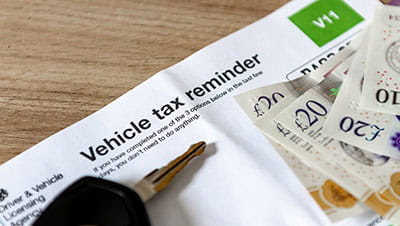
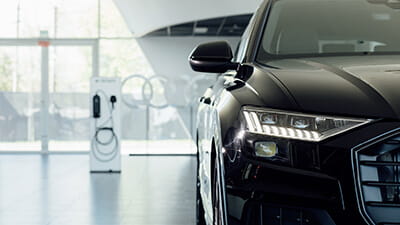
How much does an electric car really cost? Is it a cost-effective option to buy and run? Read on to find out more.

When there’s a delay in receiving your certificate of motor insurance, cover notes come to the rescue.

Check which car tax band your vehicle falls into using our handy guide.
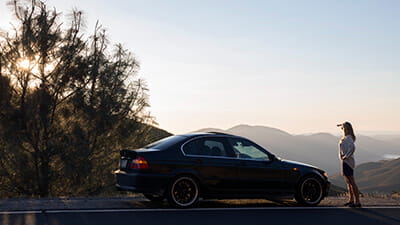

Everything you need to know about penalty points and car insurance.

Explore the UK's booster seat regulations, including exceptions, and learn how to ensure your car seat is covered by car insurance in our comprehensive guide.

It’s vital you know or you could be in very hot water. Here’s how to check your car insurance.

From Audi's iconic four rings to the challenges of pronouncing Porsche, we test Brits' knowledge of car logos, brand names, and pronunciations.
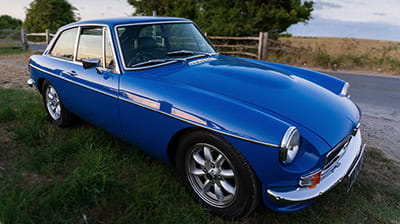
Thinking about taking your vehicle off the road? You’ll need to officially declare it by applying for a SORN. Discover all the key details in our comprehensive guide.

Find out what to do if you get stranded in a broken-down car.
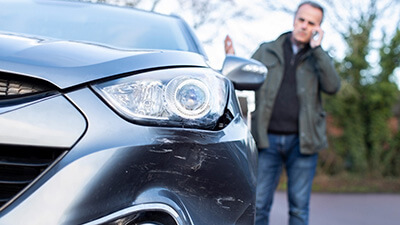
Legal expenses cover can protect you against unnecessary legal fees.

Get to know the ins and outs of our car insurance and how you can make the most of your cover
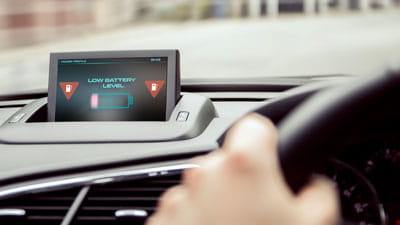
Are electric cars as reliable as petrol and diesel? Battery life needn’t be a barrier to switching.
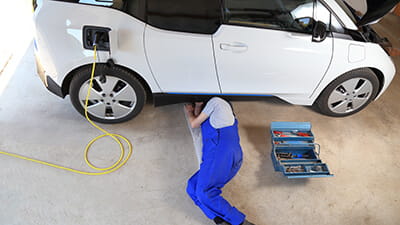
What makes electric cars different to drive? Get the lowdown on gearboxes, braking and pedals.